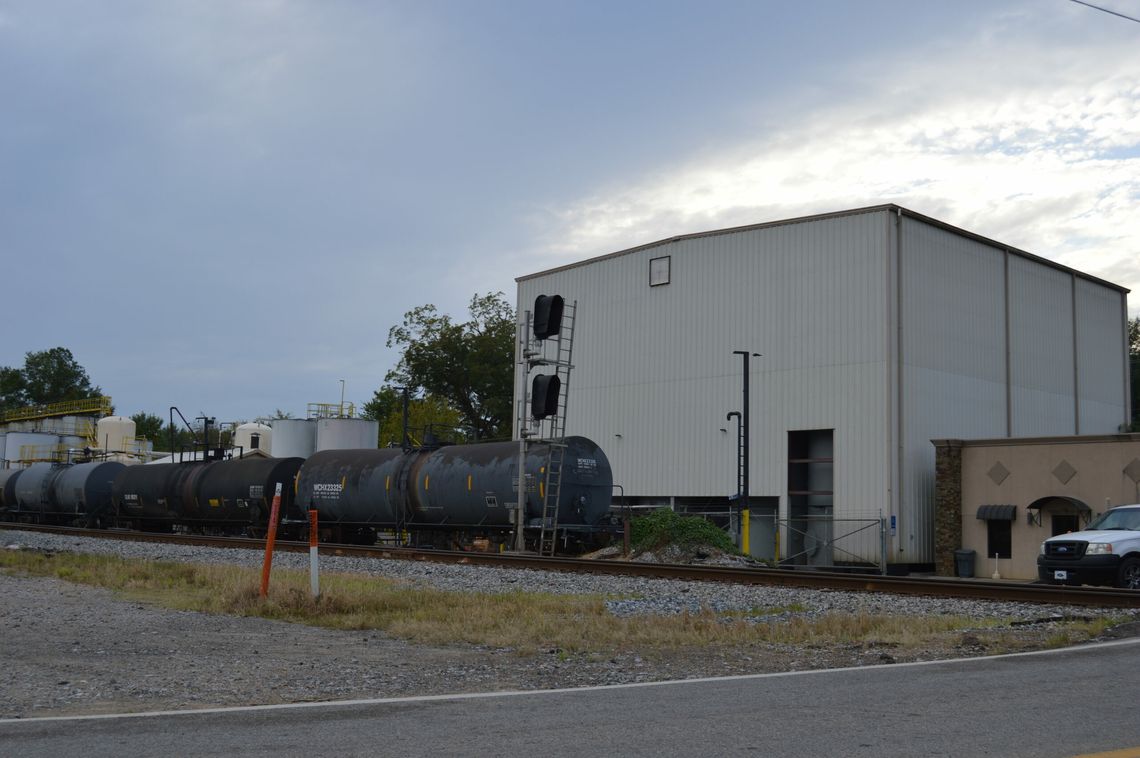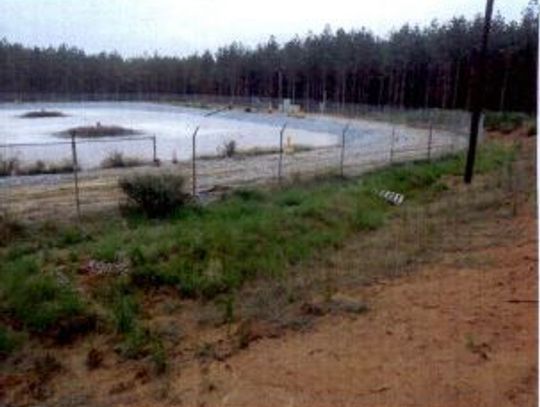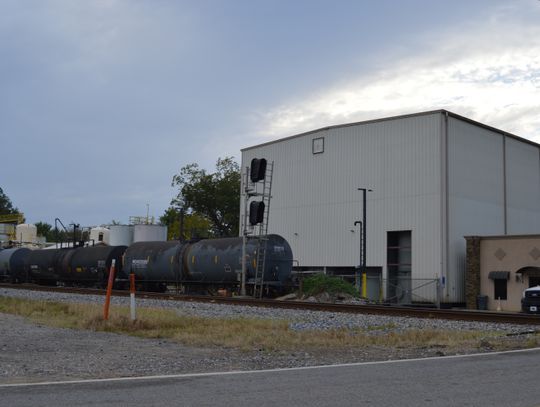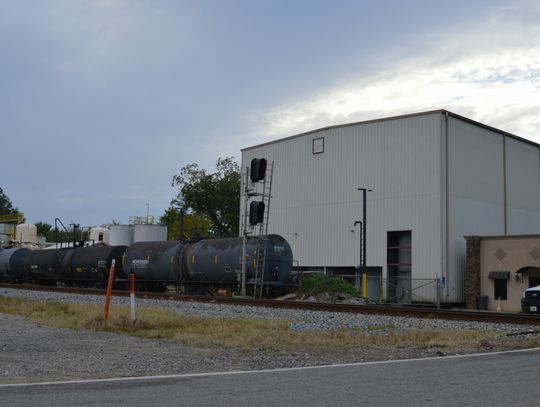Then Gold Coast paid to have its wastewater dumped into Jackson’s system before DEQ put a stop to this via an order issued in 207. The owner of the company Rebel High Velocity Sewer Services, Andrew Walker, was indicted by the federal government on August 20 on charges of violating the Clean Water Act. He pleaded not guilty in his appearance before federal Magistrate Judge Linda Anderson on September 6.
The company then reached a contract with the city of Pelahatchie to build a lagoon system, which was supposed to be equipped with aerators and then the treated wastewater applied to land nearby via irrigation. The aerators are designed to provide oxygen for aerobic bacteria that help remove the pollutants from the wastewater to allow it to be safely applied via irrigation.
ENVIRONMENTAL WATCHDOG COMMISSION HOLDS HEARING ON GOLD COAST
- 11/23/2020 05:32 PM (update 08/09/2023 09:00 PM)

Originally published on The Northside Sun
By: Steve Wilson
The Mississippi Commission on Environmental Quality held an evidentiary hearing Thursday over numerous violations by Brandon-based Gold Coast Commodities over the disposal of their wastewater in Pelahatchie.
The Mississippi Department of Environmental put the chemical plant under scrutiny after odor complaints from nearby landowners led the agency to send inspectors. A release of poisonous hydrogen sulfide gas from the lagoons sent some Pelahatchie first responders to the hospital and inspectors found that the company had dumped wastewater on the site without the required aerators being in operation.
There is no timeline for an order to be issued by a commission after the nearly five hours of testimony, but it could be coming in the next few days.
The key issue when it comes to the amount of penalties was whether Gold Coast was unintentionally neglectful in its management of the Pelahatchie facility or whether the violations were the result of willful neglect.
Gold Coast attorney Andy Taggart said in his opening statement that the commission had the right to assess penalties and could very well do so in the case. He also said the company did everything that was recommended by their consultants to correct the violations.
“It’s hard for me to imagine that this commission is going to draw on the conclusion that Gold Coast willfully committed these violations,” Taggart said. “Were they behind the curve in some respects? They just were. Did they find themselves in a perfect storm? They did. But did they act willfully in a way that the state should just really stick it to them? There’s no evidence that they did.”
DEQ attorneys Roy Furrh, Donna Hodges and Gretchen Zmitrovich made the case that the numerous violations catalogued by DEQ inspectors showed a pattern of behavior consistent with the company trying to cut corners to save money.
These violations led to a pair of orders from the commission in September and October that forced the company to stop dumping its wastewater in Pelahatchie and ultimately led the commission to order the company to drain the lagoon
Gold Coast Commodities transforms used cooking oil and soapstock — which is a byproduct resulting from the refining of soybean and other oils — into animal feed and biodiesel using sulfuric acid at its facility in Brandon. The wastewater from this process has to be mixed with caustic material and must be kept hot to prevent it from congealing into a pipe-clogging sludge. The wastewater is highly corrosive and the high temperature required to keep it in a liquid state makes it even more so.
First, Gold Coast discharged this effluent directly into Brandon’s sewer system, which ultimately terminates in the Jackson system (until later next year when the West Rankin Utility Authority completes its treatment plant near Richland). A DEQ order ended the discharge in 206 and city filed a lawsuit in 208 to compel the company to pay for damage to the city’s sewer system.




Comment
Comments